Elephants Under Threat
One of the key threats to the majestic African elephant is poaching. Fuelled by the ivory trade, around 15,000 animals are killed each year for their tusks - that's an average of 40 a day. In fact, we estimate that we’ve lost over 80% of the planet’s African elephants in the past century.
Starting in the early 2010s, elephant poaching in Africa soared. This was largely due to an increasing demand for ivory, particularly in China and the Far East, where it is used for ornaments and seen as a luxury status symbol. Today, international criminal networks are still smuggling huge quantities of ivory, and evidence shows that legal ivory markets can provide a cover to launder illegal ivory.
Closing Ivory Markets
The international commercial trade in ivory was banned in 1989, although many countries continued to sell ivory legally, within their own borders and exemptions for some types of ivory like antiques made exporting them legal, including here in the UK. WWF rallied hard to have new laws passed that would close domestic markets in hotspots linked to illegal trade. We celebrated a great success at the end of 2016 when China, the world’s biggest ivory market, announced that all ivory sales within the country would be banned.
In 2017, with the help of WWF supporters, we urged the UK government to follow suit. We were thrilled when later that year, plans for a UK ivory trade ban were announced. Following that, WWF, in collaboration with other NGOs in the UK, pressed the government to swiftly and effectively implement the Ivory Act 2018. We worked to shut down other major ivory markets linked to illegal trade, and change consumer behaviour to reduce the demand for ivory that drives poaching of elephants.
Measuring Success
These bans sound like good progress, but do they really make a difference to elephants? We monitored ivory demand in China since the ban and launched a report in 2020 with results of the latest survey at the time. The report found that demand for ivory was continuing decrease since the ban. Consumer’s intentions to purchase ivory were less than half of pre-ban levels in 2020. This is a fantastic step forward, but the report also highlighted that there is more work to be done to reduce demand amongst overseas travellers. With your support, we’re continuing to help protect elephant habitats and reduce poaching.
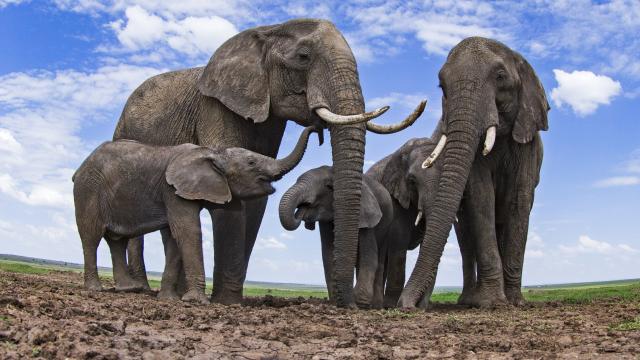
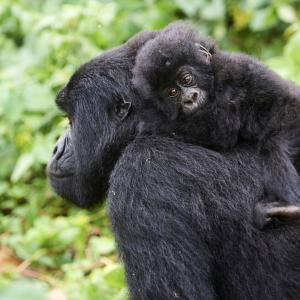 Our success stories: what we've achieved together
Our success stories: what we've achieved together
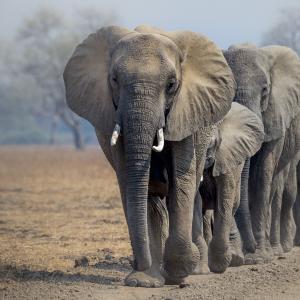 African elephant
African elephant
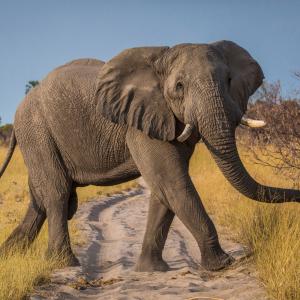 Our top 10 facts about elephants
Our top 10 facts about elephants
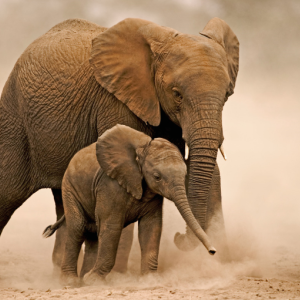 Take our short elephant quiz and see if you're expert
Take our short elephant quiz and see if you're expert